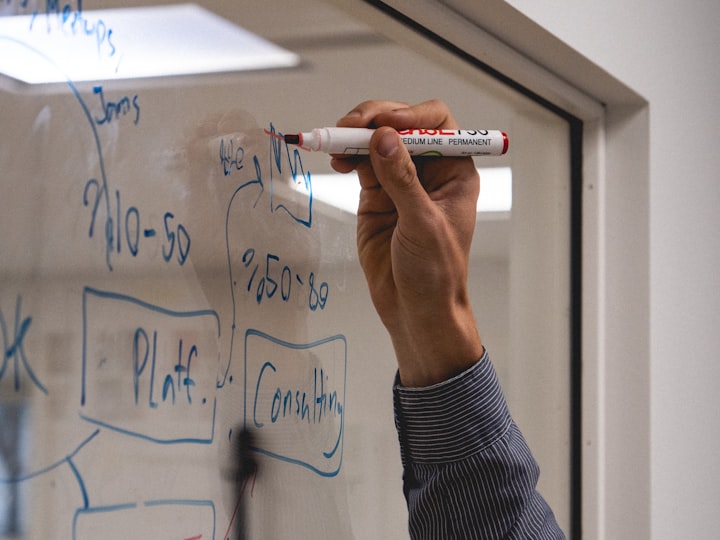How many hours do you really have for work in your workday?
Exploring the time it takes to be human during your workday and resetting your expectations for productivity.

How many hours do you expect to work today? It may be less than you assume.
There are lots of different types of workdays for knowledge workers. Perhaps you work for a company. Perhaps you're a freelancer. Perhaps you work 8 hours a day, 5 days a week, most weeks of the year. Perhaps your work a few hours a day often from your van on a sunny beach. Regardless of what your work and workday look like for you, how many of your working hours do you expect to go towards being a human being?
For me, I often think “I only have one meeting today. This is great - I’ll have most of my day available for getting things done”. But over time, I’ve realized that I’m often setting myself up for disappointment with that type of thinking. Sure meetings, chat, and email can chip away at my workday, but there are also hidden costs to being a human which I don’t always account for in my work regardless of the type of work I’m doing. Things like getting a snack or saying hi to a co-worker. Understanding these costs has helped me to set more realistic expectations and also have more realistic expectations towards my co-workers.
While conducting research for a talk I gave in 2018 called "The Maker's Guide to Staying Focused and Getting Shit Done!", I discovered the average knowledge worker spends about 40-80% of their workday in meetings, chat, and collaboration. But that’s a topic for another piece. What I want to talk about here is another surprising discovery, that most knowledge workers need 20-25% of their working hours just for being human.
So what makes up that 20-25%? About 10-15% of it is for being a human being - activities such as saying hi to coworkers, eating meals, getting a snack, refilling your water, going to the bathroom. And about 10% of it is for meta work - activities such as staying organized, planning your day, managing checklists, writing down notes, organizing your calendar. Of course, these percentages vary according to you, your role, your company, etc. Have you been factoring those types of activities into your workday?
My point isn't to dismay you. You are a human being and knowledge worker, likely working as part of a larger team and organization. That 25% is what it takes to be a present knowledge worker working with other humans. Together you can accomplish more than you could alone. That 25% is the cost of that possibility and hopefully, impact. It's not a bad thing in and of itself. But it can be unhelpful if you don't set your expectations accordingly. You might be setting yourself up for failure and might also be setting your co-workers up for failure as mismatches between your expectations and reality accrue into impacts to your team or your entire organization. You might also be more directly setting up your co-workers for failure if you’re evaluating their contribution based on unrealistic expectations. “Why didn't Mike get that design done today? He had 8 hours to work on it!”
For me, learning about these costs of being human has helped me reset my expectations towards myself and towards my co-workers. Perhaps another way to think about it is being a bit more humane to myself and others. Your ability to embrace these expectations depend on your job and company culture of course. But I’ve often found that it’s worth asking “where is this expectation coming from?” Often the answer to this question is that an expectation is coming not from some external source but rather from myself. As an example from my own workday, I’ve recently found myself thinking “you can’t go for a walk during the middle of your workday”. Upon exploring this, I realized it isn’t coming from a company policy or my manager. It’s just coming from my past experience and societal norms. It is me not giving myself permission to take a walk. And changing my own expectation is within my sphere of control.
Of course, you may be thinking “but I’m not in control of all the meetings and requests in my workday” and “I really do need to work 10 hours a day”. Those are real and challenging situations for many knowledge workers. But I also think there are creative options to carve out more space in many situations. So what are those options?
In part 2, I’ll explore three options for carving out more hours and space for deep-focused work and being a human.
-Adam Zolyak
Tremendous appreciation and high fives 🙌 to Caryn Tan, Jason Nguyen, Steven Ovadia, Russell Smith, and Rodrigo Lopez from Foster.co for collaborating on this piece!



Comments ()